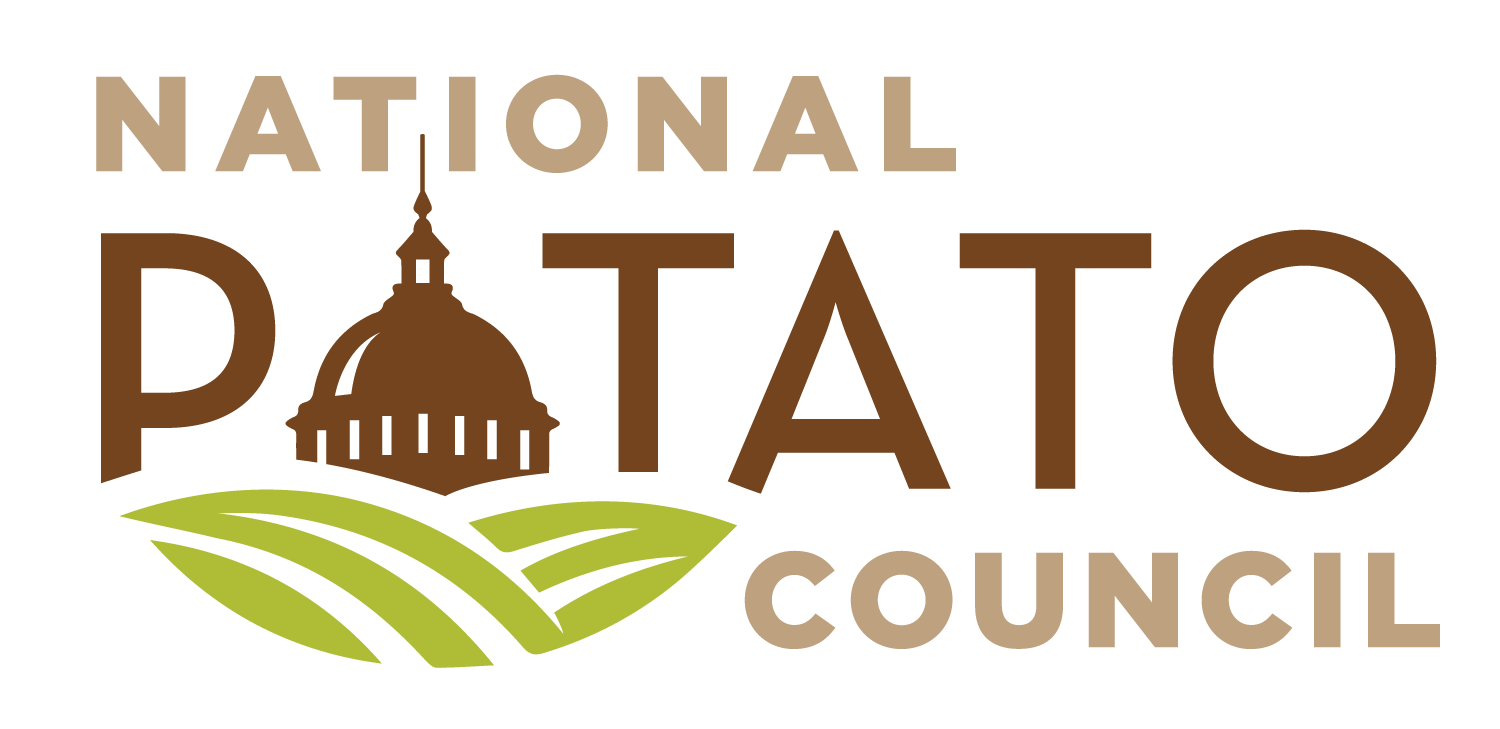Our position
U.S. potato producers require a reliable and competitive transportation network of roads, bridges, port facilities, ocean shipping, and railroad capacity to move crops from field to market. NPC supports efforts to increase the efficiency, competition and rate transparency of ocean, rail and truck carriers, while maintaining safe highways and railroad beds.
Truck Weight Limits
Multiple studies have shown that trucks operating with an additional (sixth) axle improve highway safety. These heavier trucks exhibit greater braking efficiency and better weight distribution, which reduces road wear. In terms of enhanced safety, the biggest single factor in the number of accidents involving trucks is vehicle miles traveled. Heavier loads would reduce the number of trucks in operation and miles traveled, thereby concurrently reducing the number of accidents and reducing emissions. NPC strongly supports increasing federal truck weight limits from 80,000 lbs. to 110,000 lbs. for trucks utilizing a sixth axle, along with issues such as funding for road and bridge upgrades.
Hours-of-Service and Electronic Logging Devices
The shortage of trucks can impact the agriculture industry throughout the year and particularly during the planting and harvest seasons. These shortages can be increased, in part, due to issues surrounding the Electronic Logging Device (ELD) and Hours-of-Service (HOS) regulations. Throughout 2018, NPC worked successfully with Congress and the administration to improve those regulations. Since then, NPC has been advocating for additional enhancements to further reduce the regulatory burden on the agriculture industry.
NPC supports changes to HOS rules to acknowledge the unique challenges for transporting perishable commodities. Consideration should be given to expanding the current 150-mile loading exemption to cover both loading and unloading activities. Truck drivers should not be penalized for encountering delays at loading points or congestion at distribution warehouses or port facilities. Such operations are not over-the-road in nature and time spent idling in a marshalling yard should not be counted against HOS mandates.


